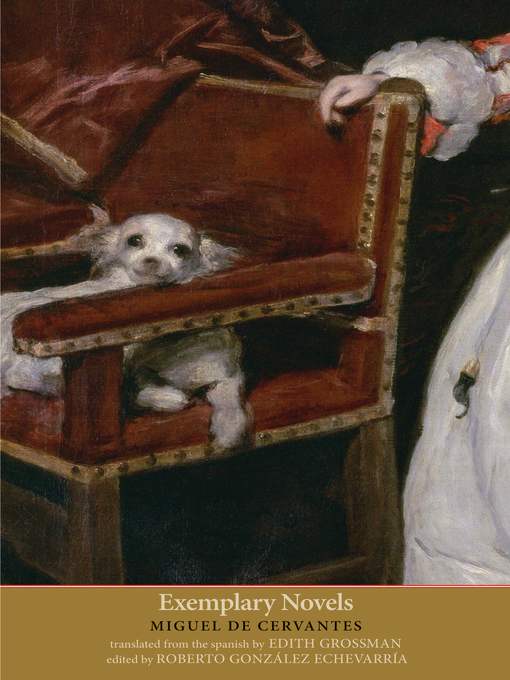
Exemplary Novels
The Margellos World Republic of Letters
کتاب های مرتبط
- اطلاعات
- نقد و بررسی
- دیدگاه کاربران
نقد و بررسی

October 1, 2016
Cervantes follow-up to Don Quixote, retold for a new generation of readers.Why exemplary? And why novels, when even the longest of these dozen stories is barely a novella, technically speaking? There are two broad reasons: the stories are compressed masterworks, containing great canvases and big ideas in just a few pages, and they all contain morals, if ones that may now seem a little fusty. Gypsies often come in for hard times. So do Jews and Muslims, but Cervantes great theme and rhetorical trick, no matter the ethnicity or religion of the players, is that humans are duplicitous and their ways suspect: What is this, traitor Al Pasha, that you, being a Muslimwhich means a Turkassault me as a Christian? So asks an indignant Ottoman, caught up in a moment of confusion in a tableau involving a kidnapped woman on the way to being delivered to the Great Lord in Istanbul though whether a virgin or not remains to be seen. Everyone pretty much tricks everyone else, spectacularly in the case of an unfortunate goof whose wife turns out to be a hooker who leaves him not just with bad vibes, but also an STD. Some of Cervantes stories verge on the fabulous and sometimes-surreal, as with one concerning a lawyer who imagines that he has been turned to glass, though even so, he protests, I am not so fragile that I go along with the tide of vulgar opinion, which is most often mistaken. The wisdom of crowds indeed. Cervantes stories are a pleasure, though even in Grossman's sure hands theyre a bit old-fashioned in content and tone: The dukesent many presents to Bologna, some so rich and sent in so timely and opportune a way, that although they could not be accepted to avoid the appearance that they were being paid, the time when they arrived facilitated everything. Late works from a font of so much subsequent literature; essential for students of literary history.
COPYRIGHT(2016) Kirkus Reviews, ALL RIGHTS RESERVED.

December 1, 2016
Readers enter a different world in these novellas by Cervantes, the world of early 17th-century Spain. Honor is all, but virtue, emphasized in the female characters more than in the male, often means largely what is seen by the outside. In more than one tale, men seduce or rape, then abandon their lover or victim, but all is redeemed simply because they return at the end to wed them. These 12 tales are the first novellas to be published in Spain (1613), written by the country's greatest storyteller in the prime of his powers. In structure and content, the collection is sometimes unorthodox, alternating high tales of romance with vernacular descriptions of Spanish life and ending in a colloquy of two dogs talking about their masters. The prose is elegant, lively, and humorous. VERDICT This is the first translation of this essential book into English in years and infinitely superior to the one most of us grew up with. It will appeal most to students of the age and is a lovely addition and a pleasure to read.--David Keymer, Modesto, CA
Copyright 2016 Library Journal, LLC Used with permission.

























دیدگاه کاربران